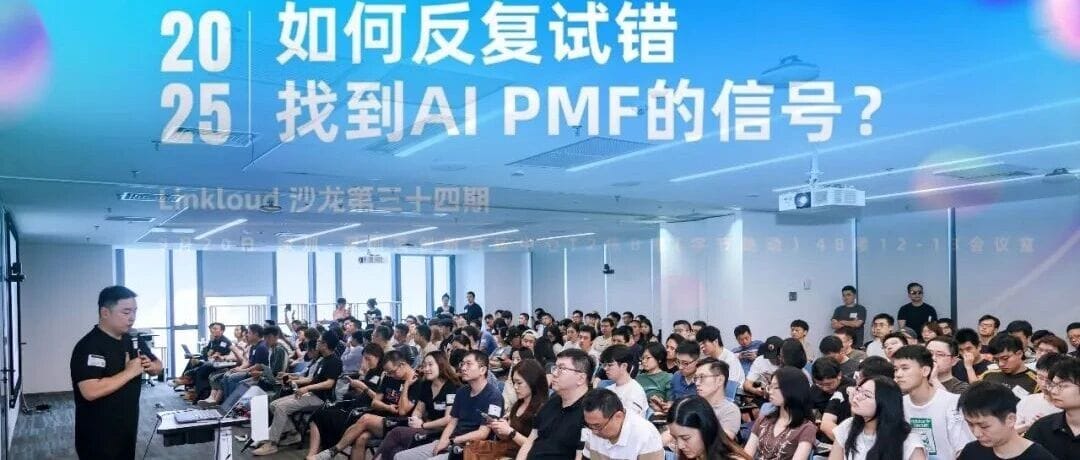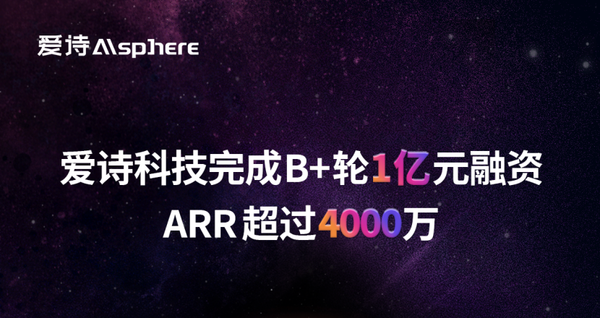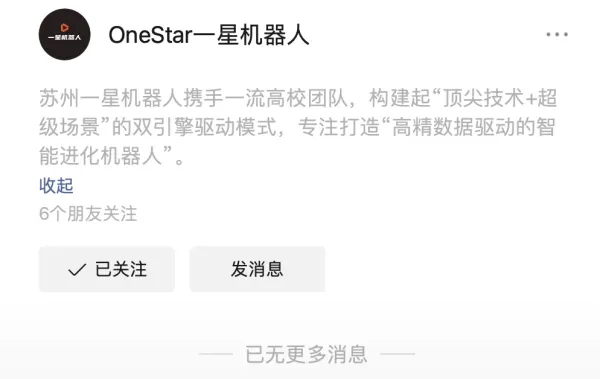Trickle Founder: Three PMF Milestones in AI’s Global Expansion | Linkloud Salon #34 (Part 1)

Linkloud Introduction
A breakout app attracting 1 million users within 48 hours might seem like the ultimate Product-Market Fit (PMF) signal — but for Trickle, it became a dangerous prosperity trap.
Before reaching $1M ARR in just one month with the recent Magic Canvas release, founder Xu Ming navigated a winding path filled with missteps and “wrong answers.”
At the latest Linkloud offline salon in Shenzhen, Xu Ming shared his complete journey of trial-and-error. He spoke about:
- Why he abandoned a nearly year-long failed project that was "polishing something fundamentally broken."
- How he found truly high-value customers through complaints, not viral traffic.
---
Key Takeaways
- PMF is a long-term process — don’t rush it, except for rare “star products.”
- Never fool yourself without PMF — fixing surface flaws won’t help if the foundation is wrong.
- Context beats prompts in AI workflows.
- Once certain things click, multiple factors will start working in your favor.
- The hardest moment in many markets is when everyone else has already found PMF.
---
The Magic Canvas Breakthrough
Trickle’s release of version 2.0 — Magic Canvas — achieved 97% organic traffic and $1M ARR in one month. This came after multiple “exams” on Product Hunt, starting from the first launch on August 3, 2022, and evolving through three distinct phases.
---
Phase One: First Attempt — Collaboration Tool with a Flawed Foundation
During the pandemic, online collaboration tools thrived. Trickle’s team built an “internal social feed” for asynchronous team communication.
Problems:
- Real-time tools already dominated the market.
- Internal sharing wasn’t a strong need for most employees.
- Engagement and log-ins were extremely low.
Critical mistake:
Rather than analyzing root causes or doing user research, the team added more productivity and chat features — trying to be both Notion and Slack.
Misleading PMF signals appeared when small teams without previous productivity tool experience adopted Trickle, but these users came from low-tech environments (often Excel users).
After a year of effort, the team turned to AI — but ultimately AI couldn’t save a broken product.
---
AI Insights That Endured
From this failed attempt, Trickle learned:
- AI has huge potential in workflow scenarios.
- Context matters more than prompt quality — AI responses are more accurate when tied to specific documents/tasks.
This led them to rebuild from scratch with a context-centric philosophy.
---
Phase Two: Small AI Tools Making a Comeback
Identifying Real Pain Points
- Discovery: Most team members frequently sent informational screenshots to WeChat’s File Transfer Assistant.
- Verification: Twitter and Reddit users worldwide complained about messy screenshot management.
- Constraint: At the time, GPT-4 was text-only — making screenshot text extraction (via OCR + ML + GPT summarization) a unique workflow.
Within 2–3 days, Trickle had a functional prototype.
Streamlining the Product
Early feedback revealed image handling was the real need. Other features (notes, bookmarks) were cut.
Result:
A simple drag-and-drop image upload with AI processing.
---
Effortless Product Hunt Success
- Posted candidly on Hacker News — pinned for 3 days.
- Launched on Product Hunt the next day without marketing.
- Ranked #1 organically after competitors were disqualified.
This attracted:
- Organic traffic from newsletters.
- Attention from firms like A16Z.
- ~400–500 paid subscribers on day one via paywall + 7-day card-linked trial.
Lesson:
Small, obvious unmet needs can turn into early PMF — especially when charging boldly from the start.
---
Phase Three: Finding the True ICP
Coding for Everyone
Early experiments allowed users to build apps in natural language — but barriers were too high, and models couldn’t code well yet.
Later, a mini-game called Color Find, built by a user, drew 1M players in 48 hours. Believing this signalled ICP, the team focused on fun web apps — but traffic from virals didn’t convert to loyal or paying users.
---
The Real ICP — Internal Tools & Personal Apps
Unexpectedly, enterprise IT staff and business department employees adopted Trickle for dashboards and internal boards — always using the built-in database.
Database usage proved a strong retention indicator. These users rarely coded but constantly used the apps — solidifying PMF.
---
PMF Lessons
- Observe users deeply
- Don’t build exactly what they ask for — understand the root cause.
- Example: Users requested “file locks” for AI coding. The real cause was lost context, solved by Magic Canvas persistent pinning.
- PMF accumulation
- It’s often gradual — built through insight, iteration, and tracking behavior.
---
Take Action with AI-Powered Tools
For creators scaling their PMF-driven products, platforms like AiToEarn官网 can:
- Generate AI content.
- Publish across Douyin, Kwai, WeChat, Bilibili, Xiaohongshu, Facebook, Instagram, LinkedIn, Threads, YouTube, Pinterest, X (Twitter).
- Provide analytics and AI model rankings (AI模型排名).
This end-to-end ecosystem supports faster iteration from idea to value realization.
---
Final Takeaways
- Don’t push in the wrong direction — slow down when anxious.
- PMF isn’t the end goal — in saturated markets, differentiation is key.
- Start now: believe, act, and adjust dynamically.

We focus on global innovation trends — add our WeChat assistant if you share this interest!
---
Past Highlights:
- From Runway, Limitless: Building “trustworthy answers” in GEO
- Why multi-product strategy is crucial for Japanese SaaS leaders
- BVP: 8 principles & 7 signals for finding PMF
---
For multi-platform storytelling without extra workload, AiToEarn官网 offers open-source AI content generation, publishing, and monetization — ensuring your story reaches both investors and customers effectively.




